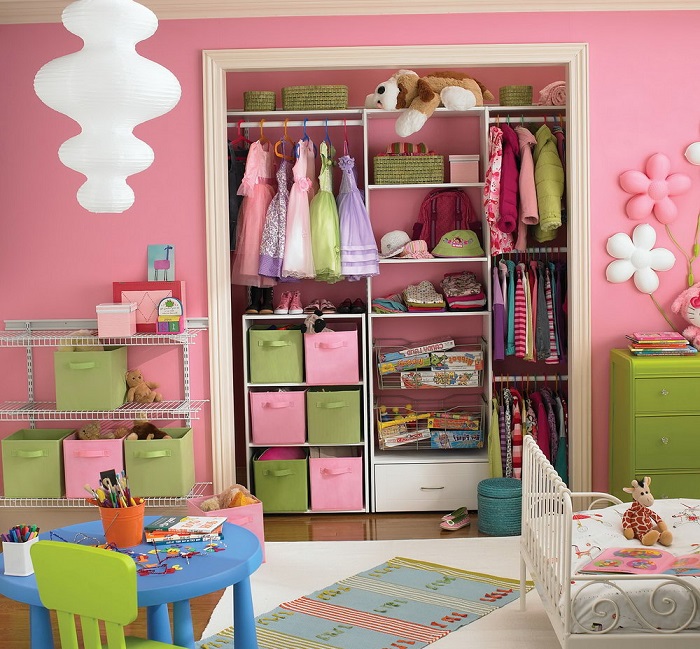We all remember our childhoods with smiles on our face, seeing it as the happy period of life that had everything to do with fun and games. However, though sometimes not that apparent, it was also the period that was all about learning, and by this I don’t just mean school-related things, but life-related things as well; it’s what full development is about.
It’s only as soon as you become a parent that you start to see it that way, so you want to do whatever you can in your parenting power to teach your kids some daily important lessons. One of them that has a crucial role in your kids’ future is the lesson of organisation. The more organised they are, the easier it would be for them later on in life.
In fact, this is nothing if not problem solving at its very essence, and learning how to come up with order out of mess. Organisational skills have most chances of success when they are taught in the very beginnings of a child’s life, because the sooner your child becomes used to the idea of sorting things out, the less overwhelmed he or she would be. The way to start is right in their bedroom, with the help of kids wardrobes.
 These furniture pieces won’t just bring luxury into your children’s bedroom, but provide them with the chance to learn basic organisational skills. For instance, instead of always arranging the kids wardrobes, let your kids arrange them themselves, neatly sorting different types of clothing on different shelves instead of simply piling them up, same way they do with arranging their toys in the toybox once playtime is over.
These furniture pieces won’t just bring luxury into your children’s bedroom, but provide them with the chance to learn basic organisational skills. For instance, instead of always arranging the kids wardrobes, let your kids arrange them themselves, neatly sorting different types of clothing on different shelves instead of simply piling them up, same way they do with arranging their toys in the toybox once playtime is over.
Then again, when it comes to the kids’ bedrooms, it’s needless to point out you can get the best outcome if you separate the play area from the study area where your kids could do their assignments undisturbed.
If they find organising to be too much, try breaking it into chunks, teaching them everything has a process of beginning, and ending. Another way to further set the lessons is by letting them help you with household chores and routines, including giving them the freedom to set the routines themselves when they get old enough – this is something that would enhance their planning skills, and thinking ahead.
All these lessons would prove to be efficient when it comes to school assignments as well, and time management. You can rely on the usefulness of calendars, and to-do lists on fun erase boards, to help them get in the habit of estimating how long a certain assignment would require to be completed.



